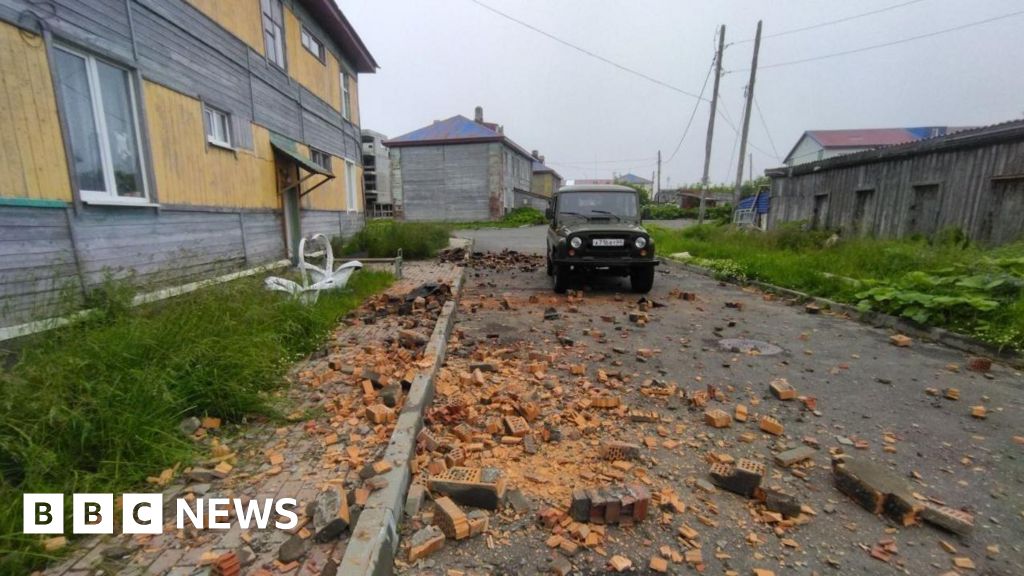Never Forget: Why Justice for the Yazidi Genocide Remains Crucial

August 3rd, 2025, marks the 11th anniversary of a horrific event that continues to haunt the global conscience: the Yazidi genocide. Perpetrated by Daesh (ISIS, ISIL, or IS), a brutal non-state actor, this systematic campaign of violence and persecution against the Yazidi people demands unwavering attention and a relentless pursuit of justice. This isn’t just a historical event; it's an ongoing struggle for survival and recognition.
A History of Atrocity
In 2014, Daesh seized control of vast swathes of territory in Iraq and Syria, unleashing a reign of terror upon minority groups, with the Yazidis bearing the brunt of their barbarity. What followed was a deliberate and calculated campaign of extermination. Thousands of Yazidi men were systematically murdered, while women and girls were subjected to sexual slavery and forced conversion. Children were indoctrinated into Daesh’s ideology and used as child soldiers. The scale of the atrocities was staggering, and the international community reacted with a mixture of horror and, for many, inadequate action.
The United Nations officially recognized the Yazidi genocide in 2016, acknowledging the intent to destroy, in whole or in part, the Yazidi people. This recognition was a significant step, but it was only the beginning of a long and arduous journey toward justice and healing.
The Ongoing Struggle for Justice
Eleven years on, the Yazidi community continues to face immense challenges. Many remain displaced, living in camps and struggling to rebuild their lives. The psychological trauma of the genocide runs deep, impacting generations. Furthermore, the perpetrators of these crimes largely remain unpunished, fueling a sense of frustration and despair within the Yazidi community and hindering the prospects for reconciliation.
International Efforts and Their Limitations
International courts, including the International Criminal Court (ICC), have initiated investigations into Daesh’s crimes, including those committed against the Yazidis. However, the process of bringing perpetrators to justice is slow and complex, hampered by political obstacles, jurisdictional challenges, and the sheer scale of the atrocities.
While some victories have been achieved – notably the conviction of a Daesh member for crimes against humanity and sexual slavery in a German court – much more needs to be done. The lack of consistent international support and the failure to hold high-ranking Daesh leaders accountable have left many Yazidis feeling abandoned.
Why Continued Advocacy is Essential
The pursuit of justice for the Yazidi genocide is not just about holding individual perpetrators accountable; it’s about affirming the dignity and rights of the Yazidi people and preventing future atrocities. It’s about sending a clear message that such acts of barbarism will not be tolerated and that those responsible will face the consequences.
Here's why continued advocacy is vital:
- Accountability: Ensuring that those responsible for the genocide are brought to justice, wherever they may be.
- Reparations: Providing meaningful reparations to the Yazidi community to help them rebuild their lives and communities.
- Prevention: Strengthening international mechanisms to prevent future genocides and protect vulnerable minority groups.
- Recognition: Continuing to raise awareness of the Yazidi genocide and its devastating impact.
Looking Ahead
As we mark the 11th anniversary of the Yazidi genocide, let us reaffirm our commitment to ensuring that the Yazidi people receive the justice and recognition they deserve. The fight for justice is far from over, and it requires the continued support of the international community. We must never forget the victims of this horrific crime, and we must work tirelessly to prevent such atrocities from ever happening again. The memory of those lost must fuel our determination to build a world where such barbarity is unthinkable.






